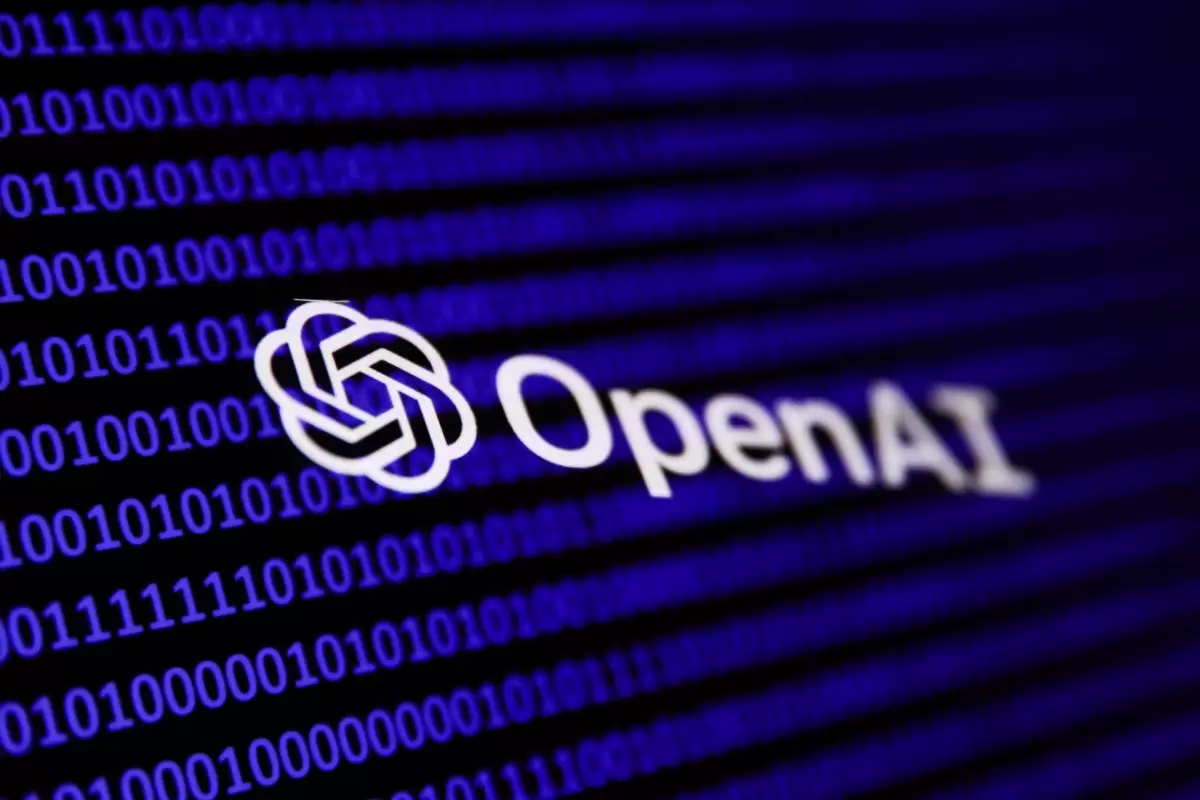The ambitious pursuit of developing the next major iteration of its language model, GPT-5, has encountered significant hurdles for OpenAI. A recent report from The Wall Street Journal brings to light the reality that progress on this groundbreaking project is lagging behind the expected timeline. This situation raises concerns about whether the anticipated improvements in performance can justify the substantial investment required. As competition in the AI landscape intensifies, the pressure on OpenAI to deliver a model that not only meets but exceeds the capabilities of its predecessors is palpable.
Earlier reports from The Information signaled that GPT-5, codenamed Orion, may not represent a revolutionary advancement compared to past models like GPT-3 and GPT-4. While the evolution of AI models has promised incremental improvements, there is a tangible concern that the expected leap in technology may not be as pronounced as many stakeholders hoped. This reality prompts a re-evaluation of what constitutes meaningful progress in AI development. The industry is at a critical juncture where technological advancements must translate into practical applications that truly enhance user experiences and capabilities.
OpenAI’s commitment to extensive training methodologies reveals both ambition and the complexity of the task. Reports indicate that the organization has engaged in multiple comprehensive training runs, processing vast amounts of data in the hopes of creating a more refined model. However, the initial run has yielded slower-than-anticipated results, suggesting challenges in scaling training efforts. The costs associated with these large training undertakings have raised questions about the sustainability of such projects, particularly when the performance outcomes do not align with financial expectations.
In response to the challenges of developing GPT-5, OpenAI has adopted creative data generation strategies. Beyond leveraging publicly available datasets and licensing agreements, the organization has bolstered its team with professionals who generate new data through coding and mathematical problem-solving. Furthermore, the introduction of synthetic data generated by another model illustrates a forward-thinking approach in the AI field, as it allows for a more diverse training environment. However, the effectiveness of these strategies remains to be seen and will significantly impact the readiness of GPT-5 for release.
Ultimately, despite these hurdles, the development of GPT-5 signals an exciting yet daunting challenge for OpenAI. The potential of AI remains immense, but translating that potential into practical, scalable, and economically viable solutions continues to be an intricate endeavor. The acknowledgment that Orion will not debut this year reflects a prudent approach to development, favoring quality and stability over haste. As OpenAI navigates this complex landscape, stakeholders will continue to watch closely, awaiting the promise of GPT-5 with a mix of skepticism and optimism.

